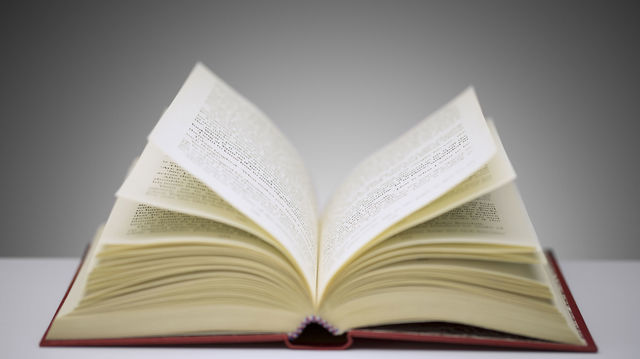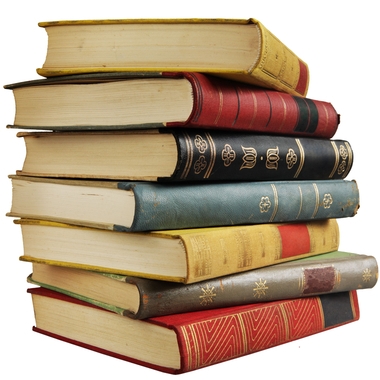
livre [lee-ver; French lee-vruh] ExamplesWord Origin noun, plural li·vres [lee-verz; French lee-vruh] /ˈli vərz; French ˈli vrə/.
- a former money of account and group of coins of France, issued in coin form first in gold, then in silver, finally in copper, and discontinued in 1794.
Origin of livre 1545–55; Middle French, Old French Latin lībra balance, pound Examples from the Web for livre Historical Examples of livre
Charlemagne’s livre was a Troyes1 pound of silver of definite fineness.
Francis W. Hirst
The livre of order-money is considered worth fifty per cent.
The Coinages of the Channel Islands
B. Lowsley
The livre was the old French monetary unit which was displaced by the franc.
The Journal of Negro History, Volume 8, 1923
Various
The livre of Tours was worth 20 sous; that of Paris, 25 sous.
The Jesuit Relations and Allied Documents, Vol. IV
Various
He also wrote a Livre de perspective , and a Livre de portraiture .
Encyclopaedia Britannica, 11th Edition, Volume 7, Slice 6
Various
British Dictionary definitions for livre livre noun
- a former French unit of money of account, equal to 1 pound of silver
Word Origin for livre C16: via Old French from Latin lībra the Roman pound Word Origin and History for livre n.
former French money, 1550s, from French livre “pound,” in Old French in both the weight and money senses, from Latin libra “pound” (see Libra). Equivalent to the 20c. franc, it was made up of 20 sous.
 Liberal Dictionary English Dictionary
Liberal Dictionary English Dictionary



